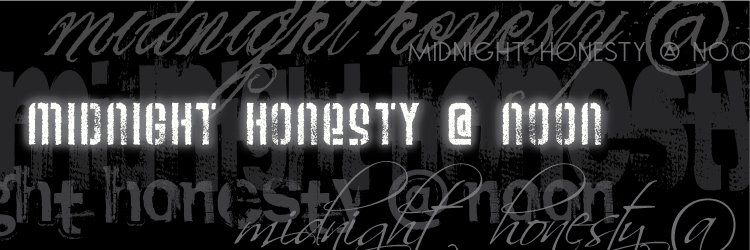You’re a Maggot.
So I have this cute tongue-in-cheek post all ready to go about how I sat 8th row center for Legally Blonde and had a really good time, and the Don Hall has to go out and enjoy Xanadu.
I can’t compete with that… so you get a city redevelopment post.
Let that be a lesson to you (somehow).
Every moderately sized city has it’s ebbs and flows. Immigrants come and go, college students come and go, money comes and goes. Hell entire INDUSTRIES come and go. Working classes find the step up the ladder they need to move into Bigger and Better. Eventually we end up with Bad Neighborhoods.
Cities DESPISE bad neighborhoods except for the concentration of Bad it gives the police force (theoretically reducing some costs).
Cities (by which I mean the government) want those areas “cleaned up” (by which THEY mean richer and whiter), and they will throw good money after bad to do it.
But the answer every time is artists. The creative class. They share an income bracket with the poor and working class, love a good dive bar (more or less) and [generalization] are self-starters who are Doing Something. They move into an area and MAKE it cool. They create the entertainment and art that Cool Seekers (um) seek. They create a critical mass of people who WANT to be in a place, and then retail and commercial developers follow along with a refreshing of the residential. Artists are the carrions crawlers of urban redevelopment.
Now I get the arguments against gentrification. I do. I lived in San Francisco when SoMa got overrun by hipster loftdwellers, and I’m in Austin right now where property values are evicting folks east of 35. But these areas were/are going to be redeveloped regardless of my liberal hand-wringing, so bear with me.
Why shouldn’t cities use their normal ecosystem proactively?
Why shouldn’t they create tax incentives for artists to live in depressed or recovering areas of their cities? Follow that with tax incentives to developers to allocate a percentage of their projects to municipal arts uses for free/low cost gallery/theatre/performance space? Or tax incentive to commercial developers to allocate free /low cost (utility included) co-work space for city arts groups?
For the city the increased tax base will more than cover the tax incentives, and for artists, lower rent, improved resources, and increased presentation venues will allow MORE time for creation, and better exposure to the community at large.








